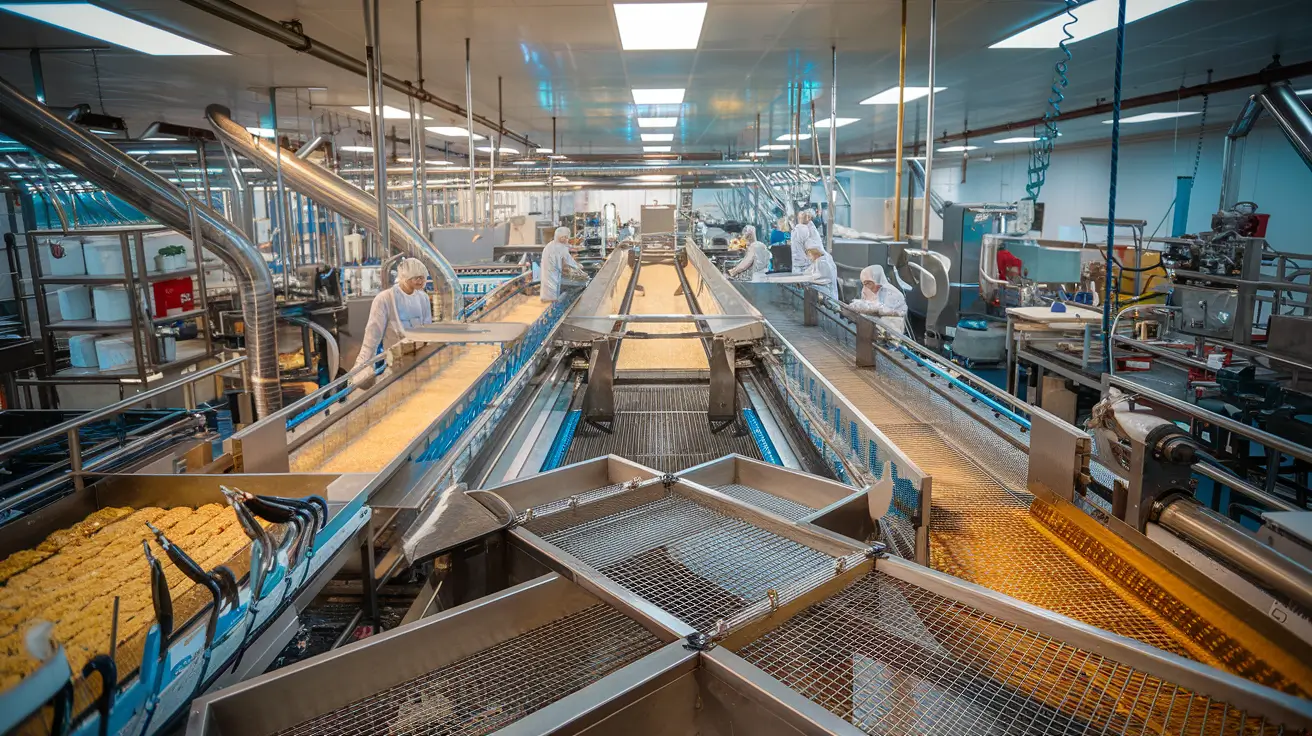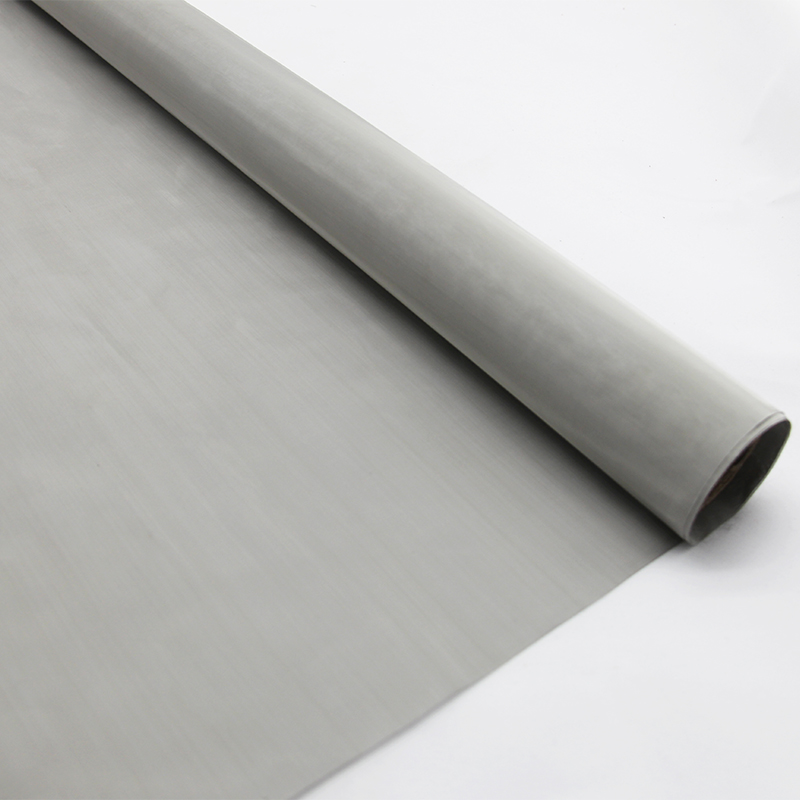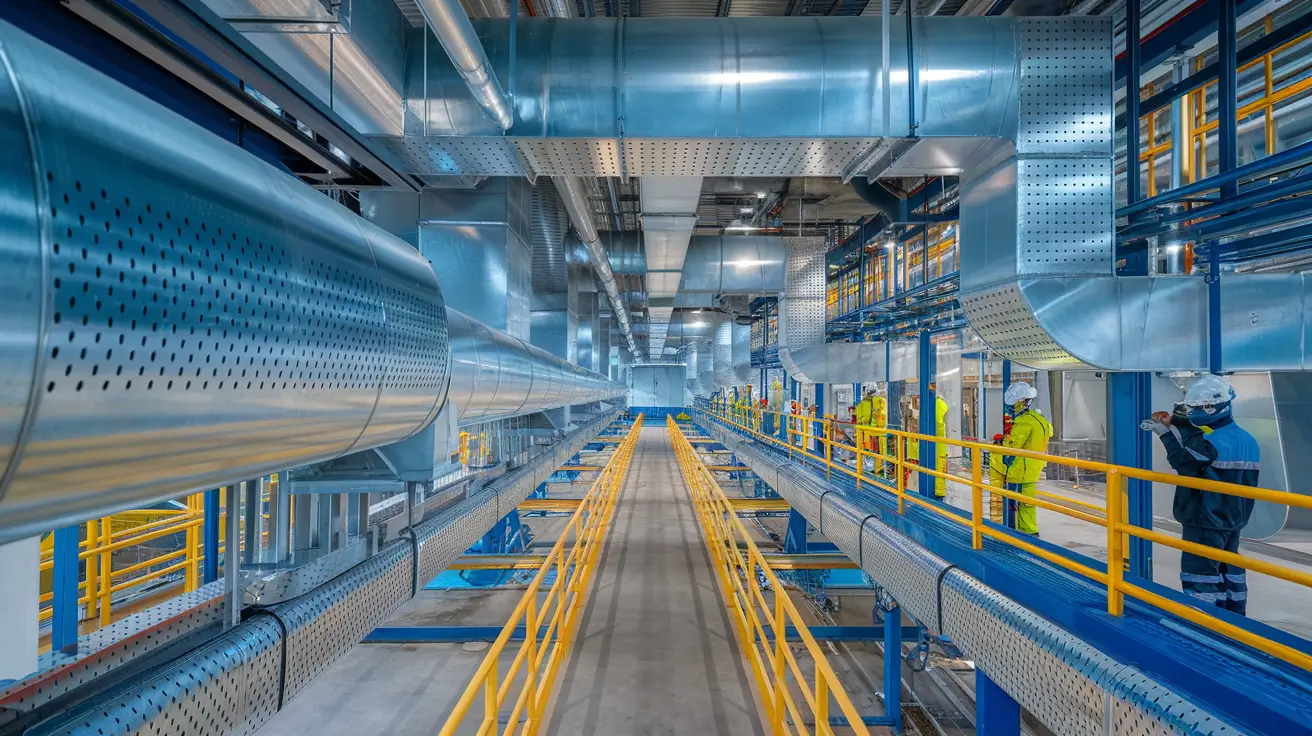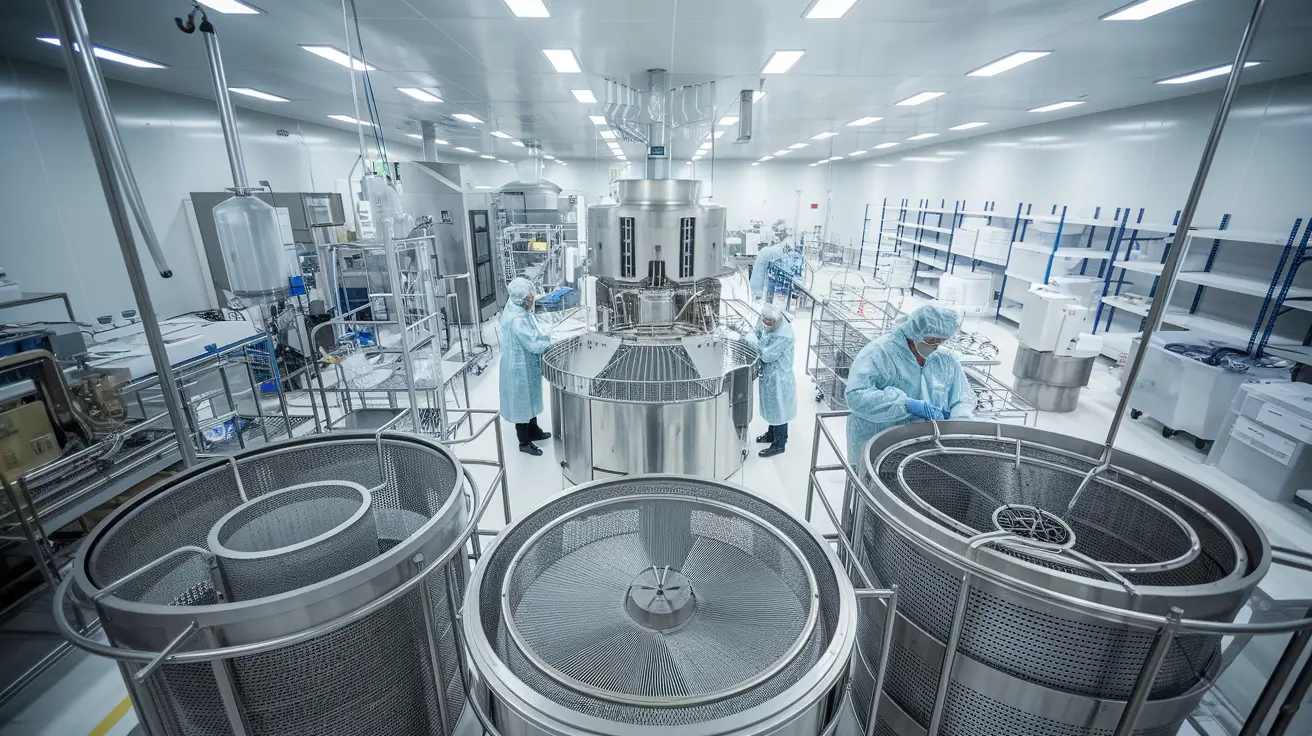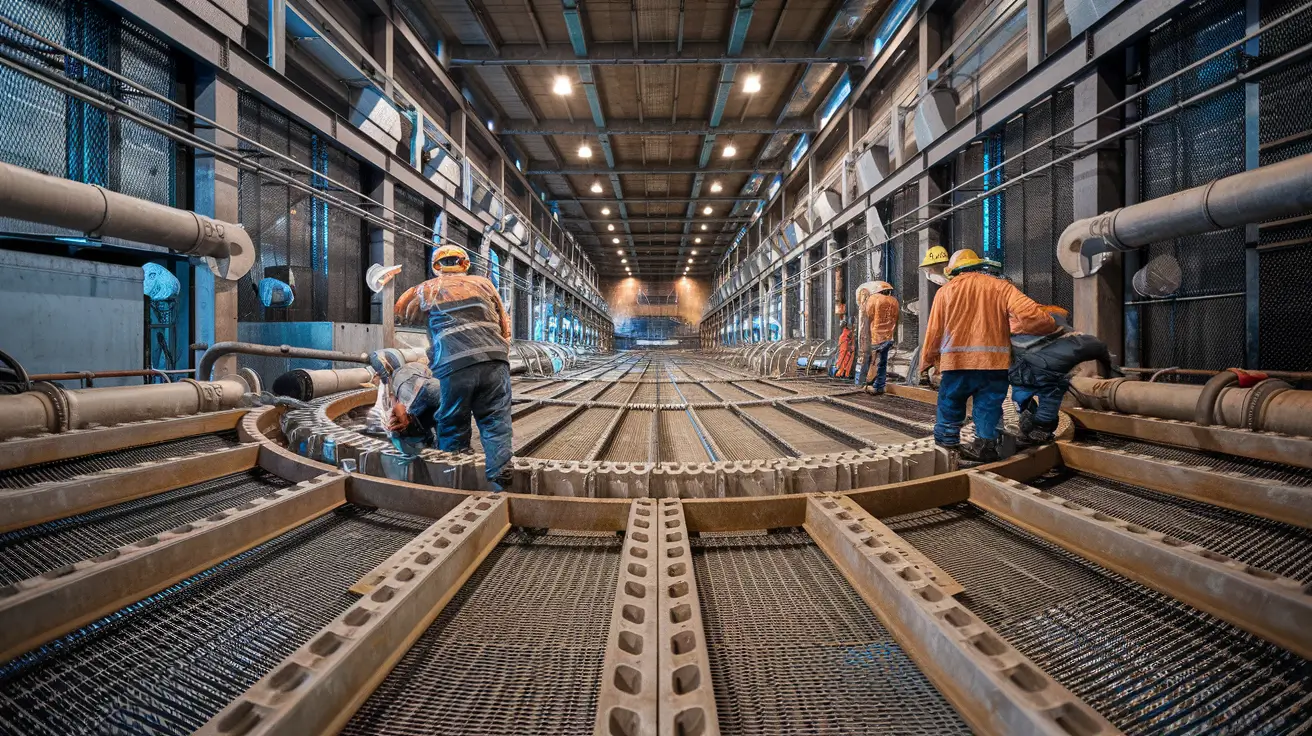In the food processing industry, maintaining hygiene, efficiency, and safety is paramount. Stainless steel mesh has become a cornerstone material due to its unmatched durability, resistance to corrosion, and compliance with food safety standards. This article explores the benefits, applications, and considerations for choosing the right stainless steel mesh for food production.
Why Stainless Steel Mesh is Essential for Food Processing
Regulatory Standards for Food-Safe Materials
Food production requires materials that meet strict regulatory standards, such as FDA and NSF compliance. Stainless steel mesh is a trusted choice for its ability to meet these requirements, ensuring safety and hygiene throughout the production process.
Properties that Make Stainless Steel Ideal
Stainless steel’s corrosion resistance, strength, and ability to withstand extreme temperatures make it ideal for the rigorous demands of food processing. Its smooth surface minimizes the risk of bacterial growth, ensuring clean and safe food handling.
Key Benefits of Stainless Steel Mesh in the Food Industry
Corrosion Resistance and Durability
Food processing environments often expose equipment to moisture, salt, and acidic ingredients. Stainless steel mesh resists corrosion, ensuring longevity even under harsh conditions.
Easy Maintenance and Cleaning
Stainless steel mesh is easy to clean and maintain, reducing downtime for equipment cleaning and helping facilities comply with hygiene standards.
Hygienic and Non-Reactive Material
Unlike other materials, stainless steel does not react with food products or alter their taste, color, or quality. This property is especially important for processing acidic or salty foods.
Common Applications of Stainless Steel Mesh in Food Processing
Sieving and Filtration in Food Manufacturing
Stainless steel mesh is widely used for sieving and filtration, ensuring precise separation of ingredients and contaminants during production.
Conveyor Belts for Food Handling
In automated food processing, stainless steel mesh conveyor belts provide strength and flexibility. They are ideal for transporting hot, cold, or fragile items, such as baked goods or frozen products.
Baking Trays and Racks
In bakeries and food manufacturing plants, stainless steel mesh is used to create durable, heat-resistant baking trays and cooling racks. These are essential for ensuring even cooking and efficient cooling.
Choosing the Right Stainless Steel Mesh for Food Production
Selecting the Right Mesh Size for Specific Applications
The size of the mesh openings depends on the specific use case. Fine mesh is ideal for filtration, while larger openings are better suited for conveyor belts and racks.
Material Grades Best Suited for Food Safety
Grades such as 304 and 316 stainless steel are popular in the food industry for their superior resistance to corrosion and compliance with hygiene standards.
Customization Options for Unique Requirements
Many food processing facilities require customized mesh to meet specific dimensions, weave patterns, or operational needs. Working with experienced manufacturers can help create tailored solutions.
Conclusion
Stainless steel mesh is an indispensable material in food processing, offering unmatched durability, hygiene, and versatility. From sieving and filtration to conveyor belts and baking trays, its applications are vast and varied. By choosing the right stainless steel mesh for your needs, you can enhance efficiency and ensure the highest standards of food safety. To explore customized solutions for your facility, contact our team today.

